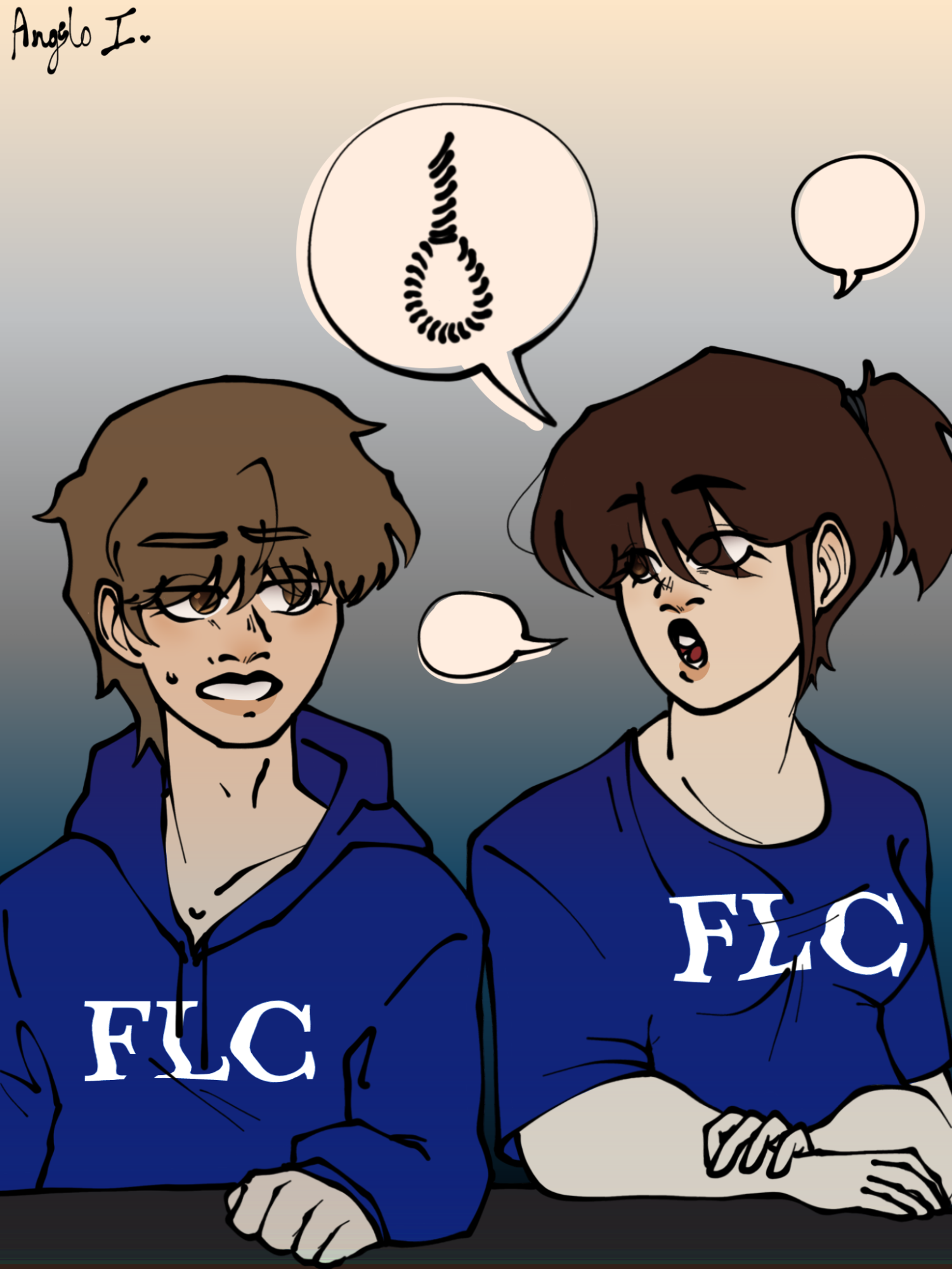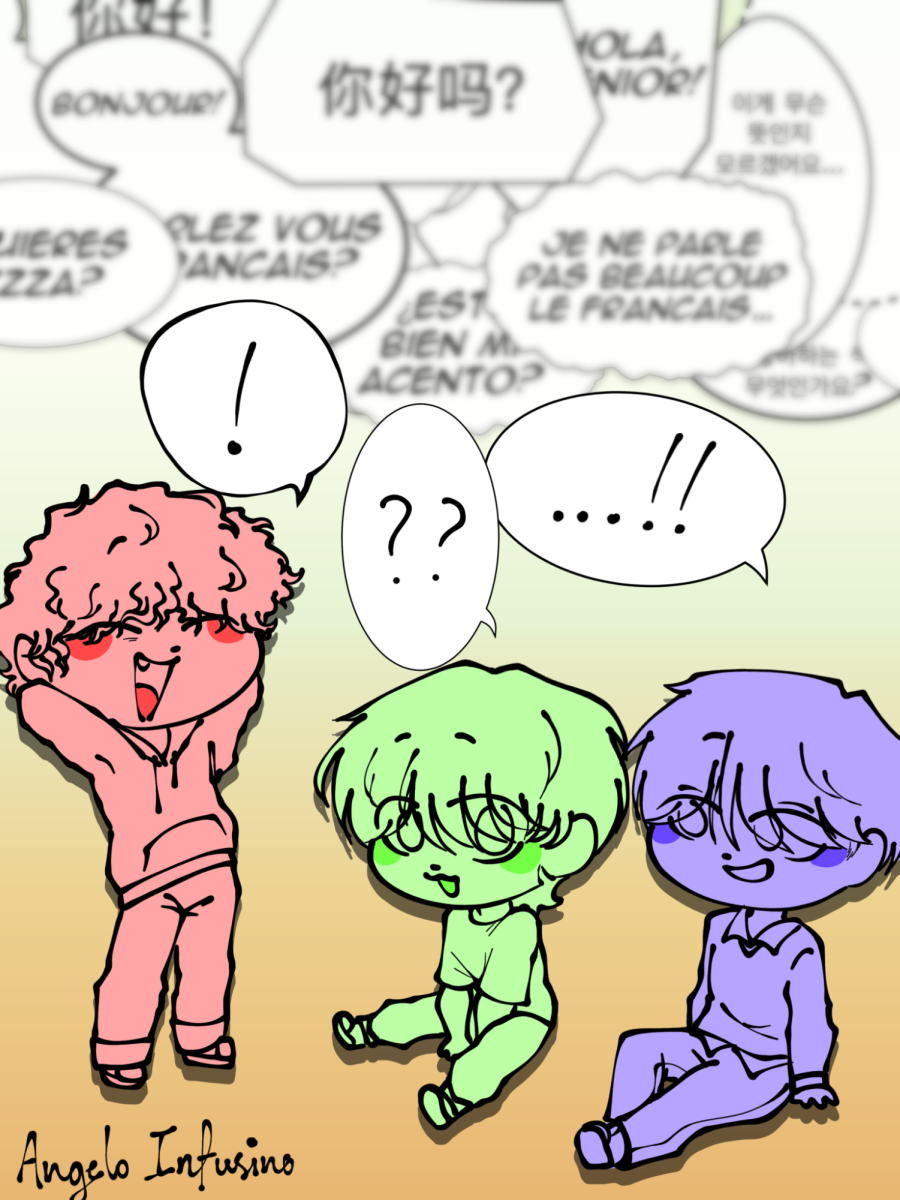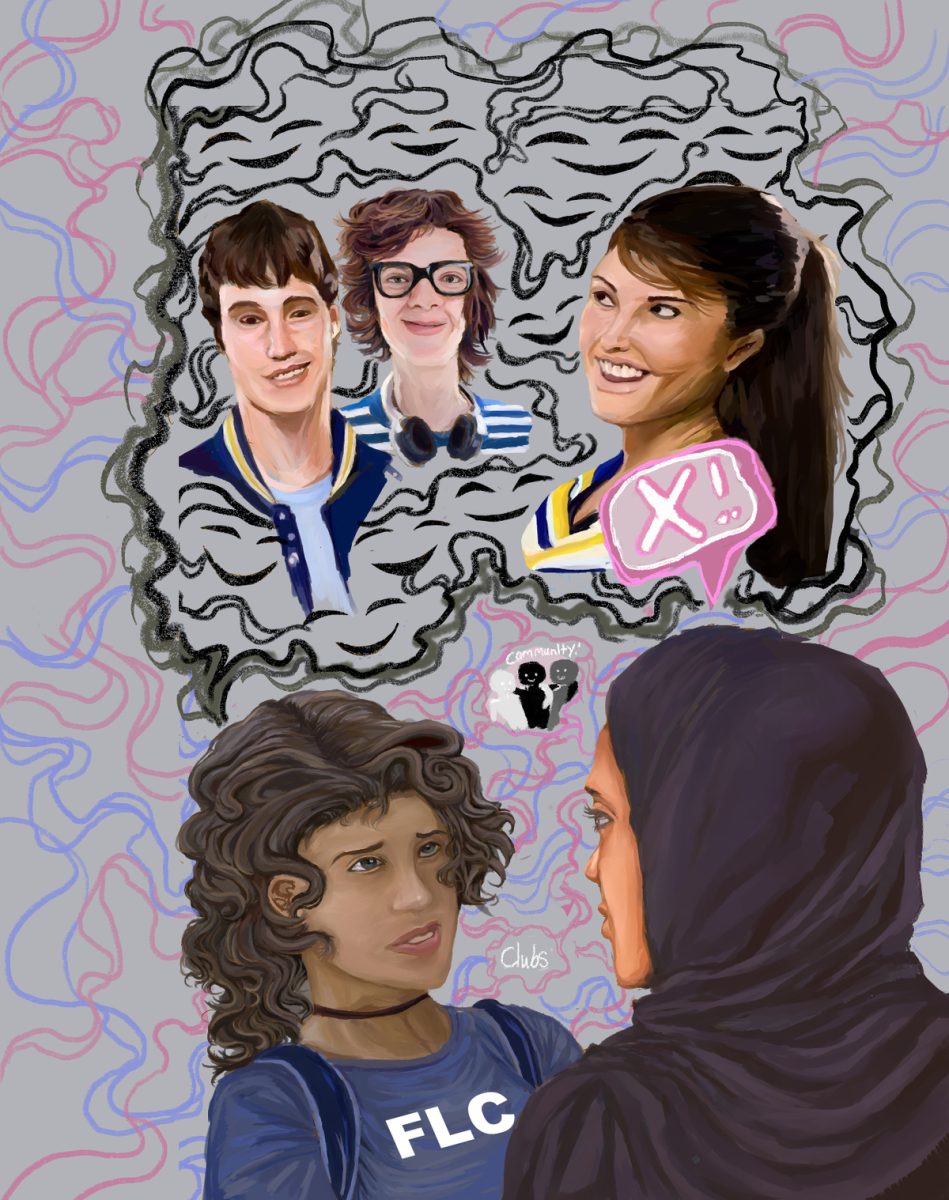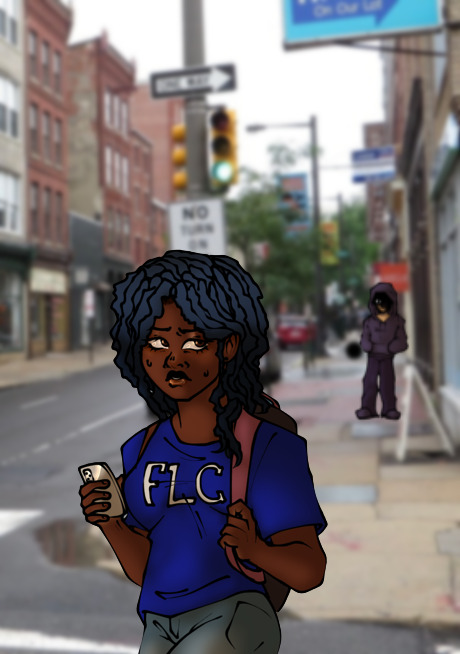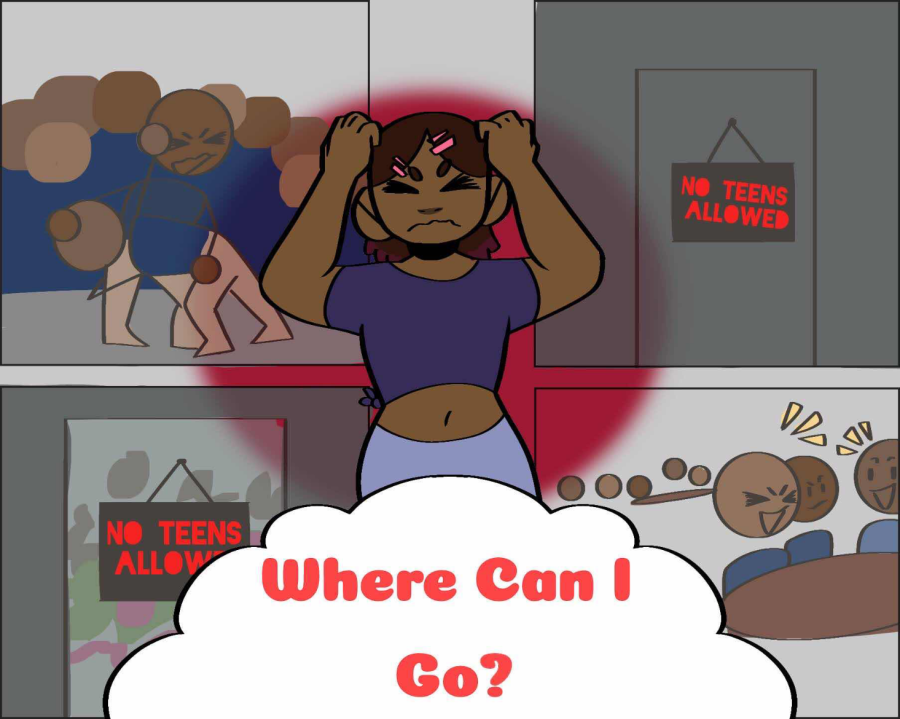Over the years, the topic of suicide has become one that is less taboo and more acceptable to talk about. With the help of media and assemblies, it’s something that feels more tangible to us as well. This is a positive. With this discussion being more acceptable, people are more likely to reach out for help. Despite our progress, there is a phenomenon gaining traction that could rebuild all of the societal walls that we’d broken down.
As Generation Z-ers, the topic of “dark humor” is familiar to us. We make light of the macabre any chance we get, even if the circumstances aren’t ones we can relate to. But if you’ve been paying attention lately, you’d have noticed that a lot of these jokes seem to center on a topic that’s a reality for many our age: suicide.
Why do we make light of this act so much? In a survey of FLC’s students, 66.6% of all participants stated that they make these jokes, with the same amount admitting they have suicidal thoughts as well. When asked if these jokes help with suicidal thoughts, 33% reported yes.
This is not an uncommon phenomenon. Many people use humor to deal with the burden of serious situations. According to Psych Central, joking about serious and traumatic events can help people see those circumstances differently.
But what about people who threaten to end their own lives over minor inconveniences?
As previously mentioned, making light of these situations may make it easier for people to deal with these feelings. Most of these statements, though, are not utilized in that way. Instead, they’ve become flippant remarks we use to express frustration. Since we use these phrases with little regard, we have slowly become desensitized to the idea of someone taking their own life.
Those taking the survey were asked to report on a scale of 1 to 10 how seriously they take the topic of suicide. 66.7% reported they’d rate it an 8, with 16.7% rating it a 6 and 10 respectively.
One of our respondents who agreed to be interviewed, 12th-grader Aidan Kingcade, explained his answer of 8 out of 10.
“I picked 8 because when it comes to suicide, it’s a big deal that’s very much overlooked. Suicide is something that has shaped my life in many ways.” He said. “From my understanding, there’s a lot of misconceptions when it comes to suicides, and overall, mental health.”
There is evidence to suggest that making fun of those misconceptions, as light-hearted as they are intended to be, can offend those suffering from those issues. Consider the concept of microaggression but in the context of mental health.
In an article published by Medical News Today about the effects of hidden discrimination, they specify a type of microaggression coined by Columbia professor Prof. Derald Wing Sue. It’s called “microinvalidation”. These are defined as comments that belittle and discredit a person’s experiences. Not many people stop to consider what those around them are going through before making their jokes, potentially making someone feel invalidated.
Some students may still not understand why it is important to take this topic seriously. This is especially the case if they don’t suffer from these thoughts. However, evidence shows that now is the time to take the mental health of our generation seriously. In February this year, CNN reported that the CDC found evidence of worsening mental health in today’s teens. This includes the presence of suicidal thoughts. Our peers are in a mental health crisis and if we don’t reevaluate the way we discuss these topics, we may end up blind to the severity of the situation.
As students, we are confined to our worldview. When making decisions, we choose what benefits us. When speaking, we say what makes us look best to our friends. It is extremely easy to forget others outside of your bubble exist, but it’s equally as simple to be mindful of the way you interact with the world.
“For myself, I have gotten desensitized to very much violent, and overall, negative topics. At a young age, I was exposed to things that, genuinely, I shouldn’t [have been].” Kingcade concluded. “From those experiences, I’ve [been able] to be able to joke about those things. But I do still have empathy and sympathy for those people who have experienced these things. I don’t believe just because you’re desensitized to something that you’re unable to have a good understanding of [that topic].”


